People online are praising ABC News Australia meteorologist Nate Byrne for the way he handled a panic attack he experienced while giving a live weather report.
On Monday, Byrne was delivering the morning forecast when he paused and told viewers he needed to "stop for a second," telling them he was having a panic attack.
He said to the audience:
“Some of you may know that I occasionally get affected by some panic attacks, and actually, that’s happening right now.”
Byrne then asked his colleague Lisa Millar to take over for a moment.
Millar gladly obliged and urged viewers to revisit a piece Byrne wrote in 2022 about the first time he experienced a panic attack, which also happened to be on air, adding:
“It’s fantastic that he has been so open and transparent about it."
Byrne did eventually rejoin his colleagues on the broadcast and expressed his gratitude to them for stepping in.
The station posted the clip to Instagram, writing in the caption:
"News Breakfast’s own Nate Byrne experienced a panic attack earlier this morning while presenting the weather."
"He’s open about his panic attacks — he’s even written about them before — and he is doing okay."
"Here’s the moment it happened and the team’s response."
"You can read Nate’s article from 2022 at the link in our bio."
You can watch below.
Viewers of the segment applauded both Byrne and his colleagues for the way they handled the situation.





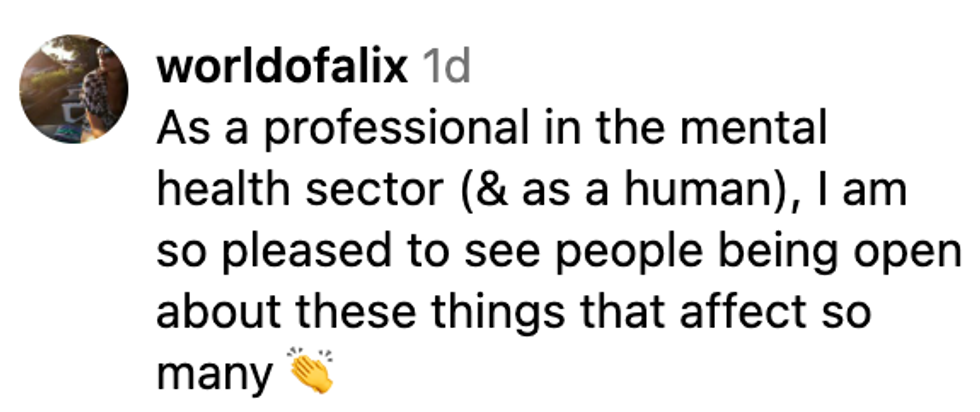
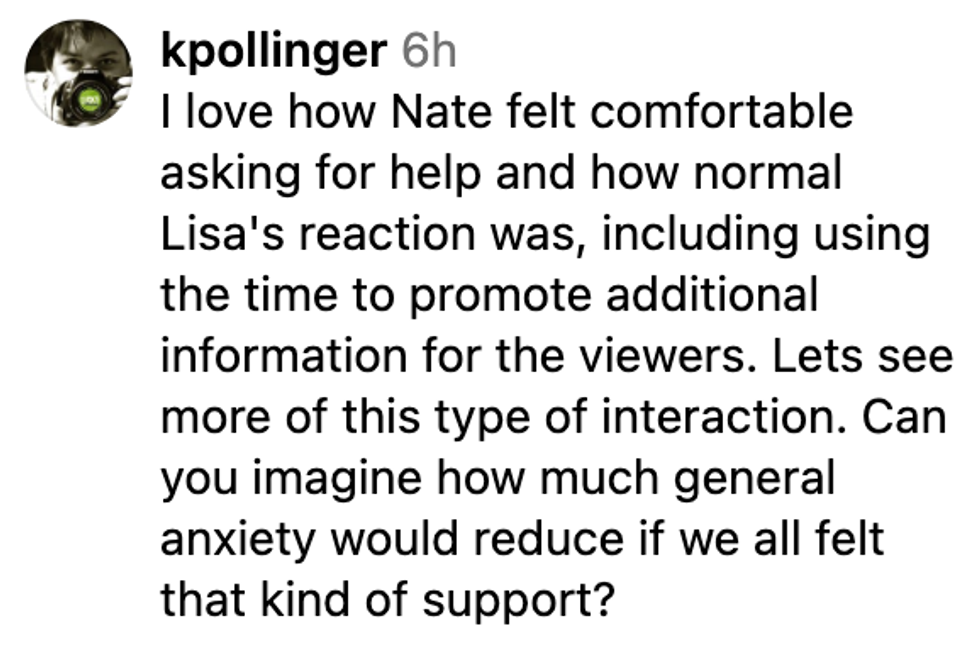
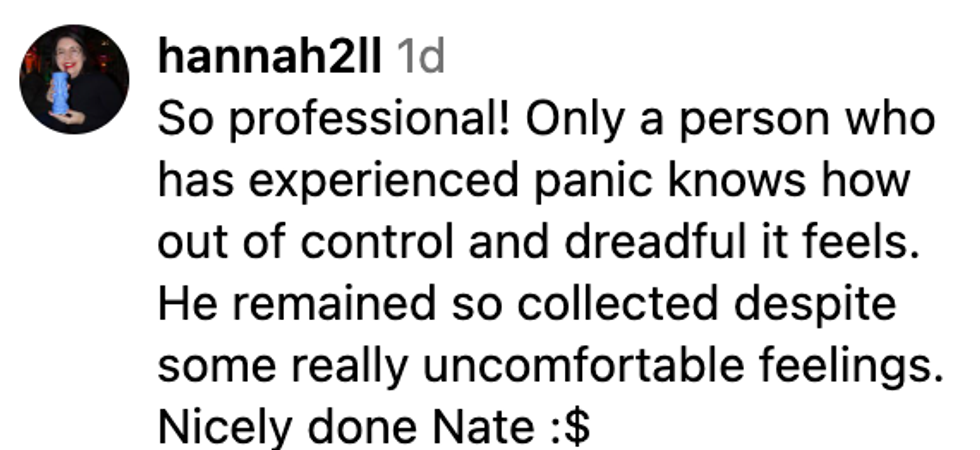




Psychologist Kevin Chapman told Yahoo Life that a panic attack is basically a brief response to a moment of fear.
“Panic is really the essence of the fear response."
"The difference is that a fear response is a ‘true’ alarm; you’re actually in danger and therefore your body is responding to prepare you to deal with threat.”
“You’re literally having the fear response when there is, in fact, no threat, but your body has an all-or-nothing system, so therefore it’s going to respond as if you’re in a fire.”
In his 2022 piece, Byrne shared that the first panic attack he experienced occurred after he merely jogged to the set before giving the forecast.
"...it was barely an exertion."
"But it was enough to trigger an anxiety problem I still deal with to this day."
Chapman praised the news team for the "masterful" way they handled the on-air situation.
“People have this ominous perception of panic attacks, especially if they’ve never had one."
“The way he conveyed himself and the way his colleagues handled it ... they decreased the stigma, and they demystified what happens during panic.”
He also explained that panic attacks can present themselves in a variety of ways.
A person may experience an increased or irregular heartbeat, high blood pressure, dizziness, difficulty breathing, upset stomach and even a change in body temperature.
He also shared the symptoms that can be "scary" to those experiencing them:
“Two symptoms that are really scary are depersonalization — an out-of-body experience — or derealization, which is the feeling that the things around are not real."
Byrne wrote that he still occasionally notices sensations before he experiences a panic attack, but there is still a "lack of control" one can have over the brain.
But that knowledge does allow him to be aware and manage his attacks.
"I still occasionally have those feelings return– in fact, as I write, even remembering my experiences have raised my hackles a bit — but talking about my anxiety and seeking treatment mean that it's something I can live with and manage."
"And it means I can keep doing the thing I love."

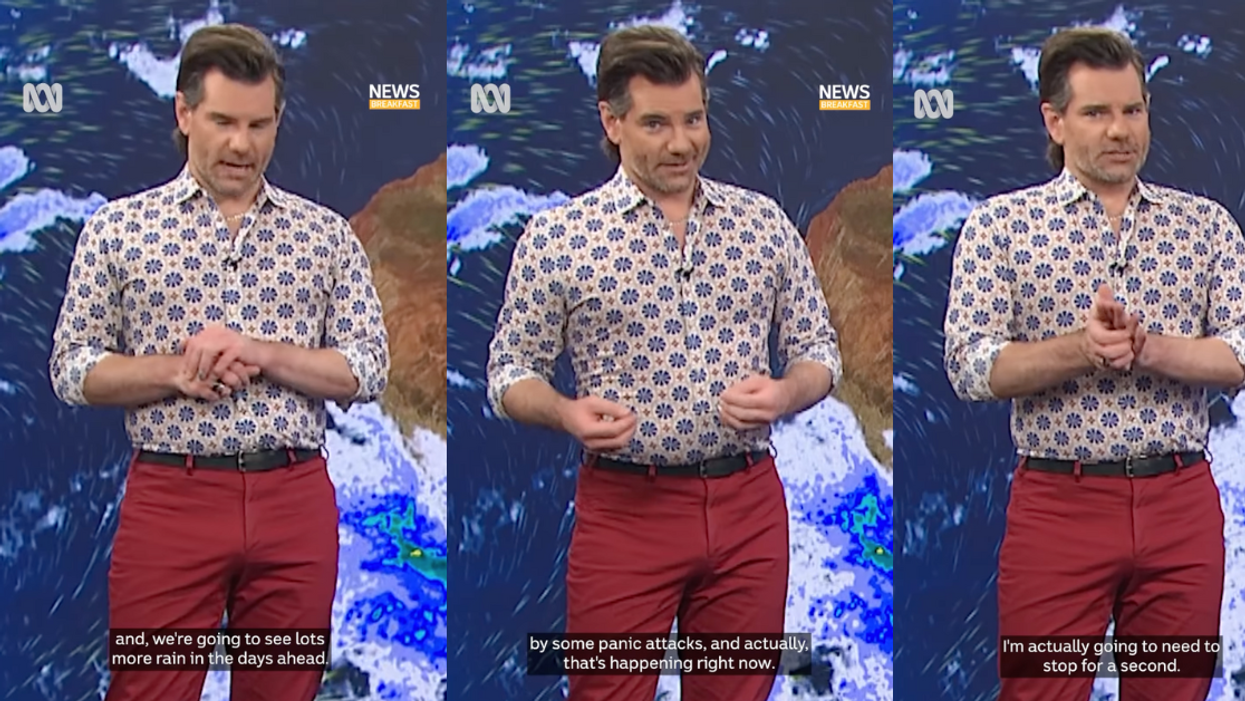












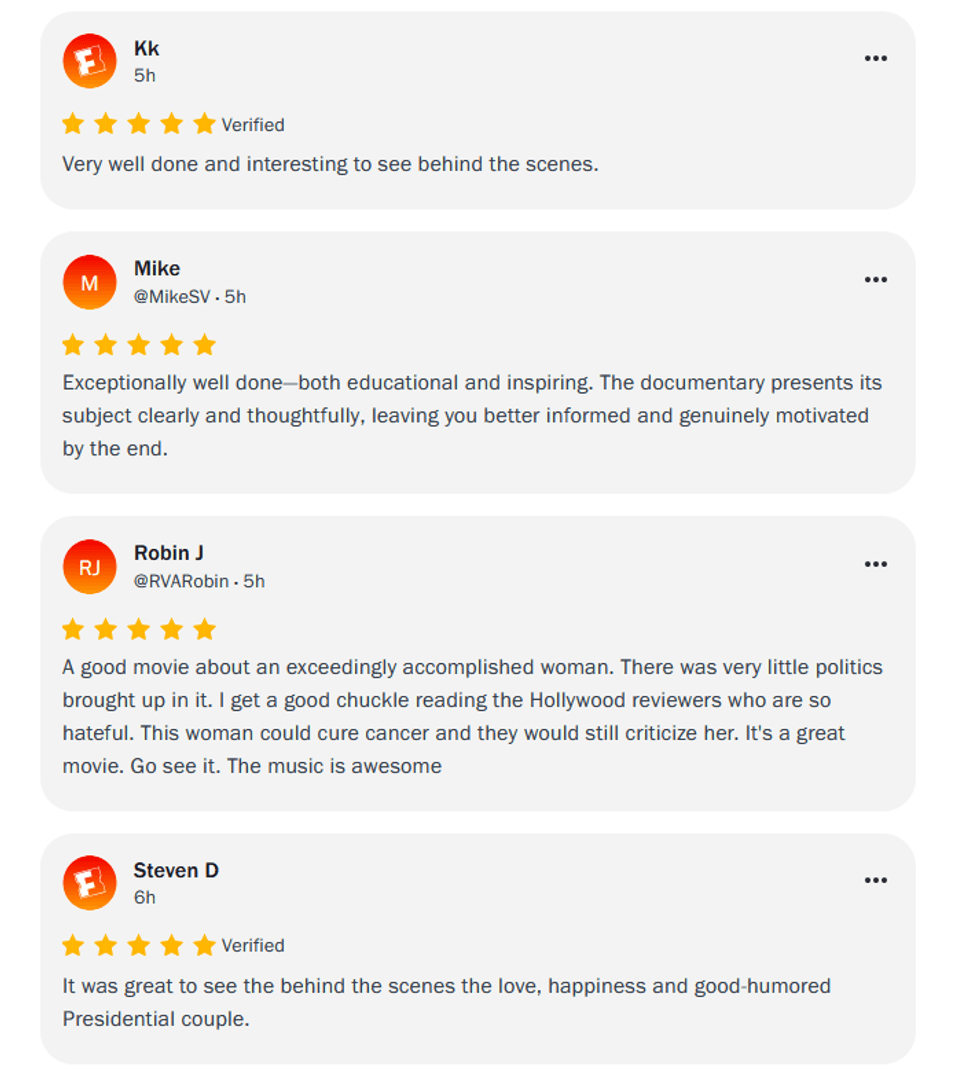 @obamaatredrobin/X
@obamaatredrobin/X
 @realDonaldTrump/Truth Social
@realDonaldTrump/Truth Social

 @.a.zan/TikTok
@.a.zan/TikTok @.a.zan/TikTok
@.a.zan/TikTok @.a.zan/TikTok
@.a.zan/TikTok @.a.zan/TikTok
@.a.zan/TikTok @.a.zan/TikTok
@.a.zan/TikTok @.a.zan/TikTok
@.a.zan/TikTok @.a.zan/TikTok
@.a.zan/TikTok @.a.zan/TikTok
@.a.zan/TikTok @.a.zan/TikTok
@.a.zan/TikTok @.a.zan/TikTok
@.a.zan/TikTok @.a.zan/TikTok
@.a.zan/TikTok @.a.zan/TikTok
@.a.zan/TikTok @.a.zan/TikTok
@.a.zan/TikTok @.a.zan/TikTok
@.a.zan/TikTok @.a.zan/TikTok
@.a.zan/TikTok